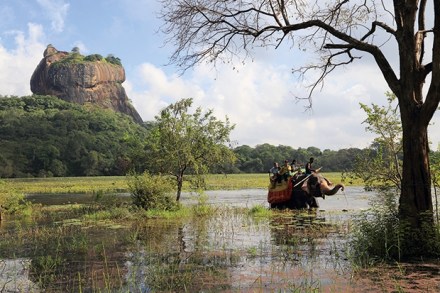Where would America be without Gloria Steinem?, asks Carmen Callil
This is a book written by a most admirable woman, which is nevertheless — with some rare and excellent exceptions — most tiresome to read. Gloria Steinem has done heroic work as a founding force of American feminism and as an organiser, in America, for a myriad of causes. She is an icon of 1960s


















